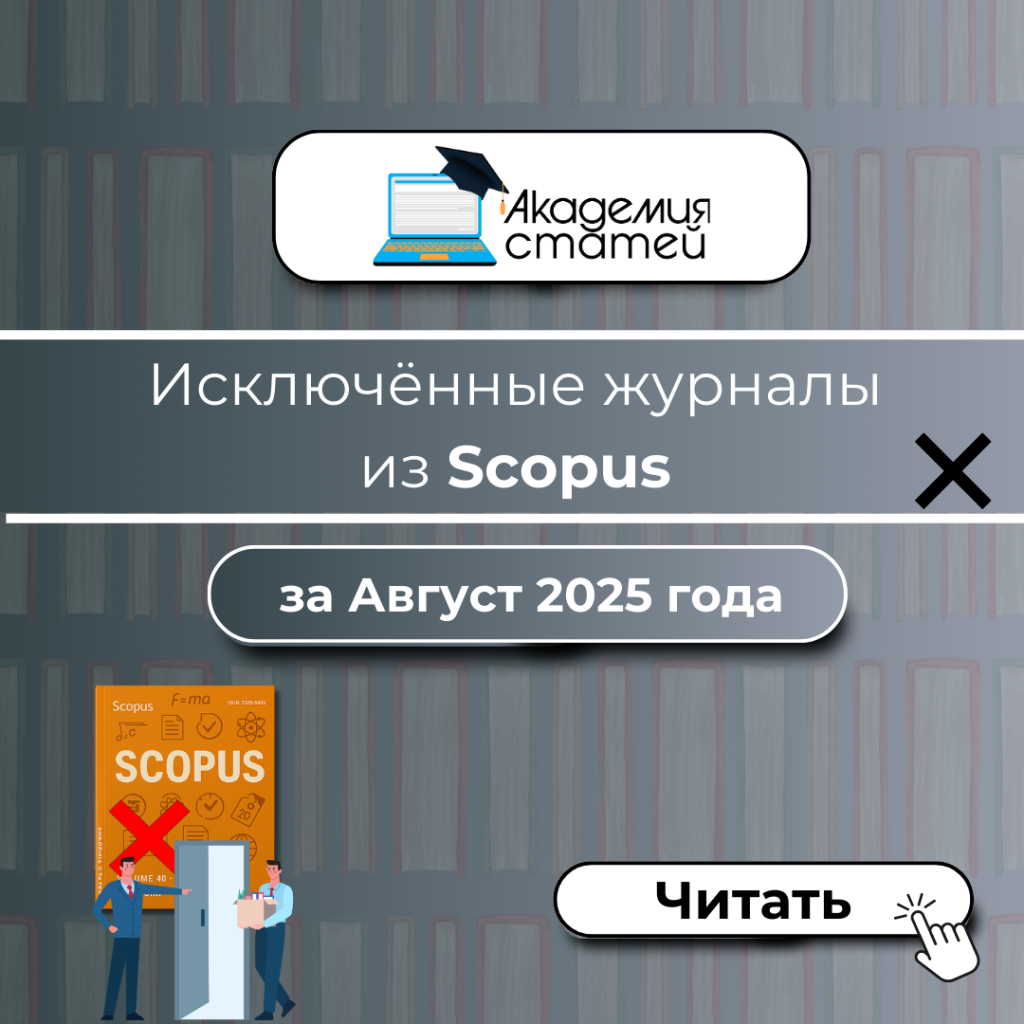Almost everyone directly involved in science has encountered the difficulty of choosing a topic for a scientific publication. Unfortunately, not everyone is so lucky—inspiration may not strike at the right moment. When choosing a topic for an article or research project, it's important to consider the author's area of interest and current trends. We propose discussing in more detail which topics and areas will be popular in 2024.
What areas will be most relevant in scientific publishing in 2024?
Publishing a scientific article in specialized journals is one of the most important stages of a scientist's career. It allows them to achieve their goals, such as:
- obtain admission to defend a dissertation;
- awarding of an academic degree;
- gain recognition in the scientific community among colleagues;
- obtain or renew a contract at work.
Only relevant article topics can help achieve the desired result and a high citation rate. Therefore, scientists who want to publish in international journals must select an interesting and relevant topic for their work.
The concept of "trend" applies to absolutely all areas of human life, and science is no exception. Just a few decades ago, field paleontology, the search for black holes in space, quantum mechanics, and the synthesis of polymer materials were considered relevant areas. In 2024, the following areas of science will be relevant for research, writing, and publishing scientific articles:
- IT technologies and computer science;
- IT technologies and virtual reality technologies in education;
- Cybersecurity;
- Development and integration of technologies based on artificial intelligence;
- Innovations in pharmaceuticals and medicine;
- Business, management;
- Military law;
- Economic and public policy in the context of war in Ukraine;
- International relations.
The aforementioned areas open up a vast array of research and development opportunities for scientists. Humanity needs new discoveries that will help address current challenges related to energy, the emergence of new diseases, climate change, and more.
What content do Scopus and Web of Science indexed journals want to see?
Indexing in Web of Science and Scopus, the leading international scientometric databases, is considered a significant achievement for publications worldwide. Such an achievement is an undeniable confirmation of a journal's quality for the scientific community.
Scopus and VOS review over 34,000 journals, with the humanities and social sciences generally receiving priority. Other fields are also represented on the platform:
- natural;
- technical;
- civil;
- medical;
- physical (chemistry, physics, engineering);
- biological direction (neuroscience, biology, pharmacology).
All journals indexed in Web of Science and Scopus are divided by subject coverage into 27 categories and 350 subcategories. Many publications are considered interdisciplinary or multidisciplinary, meaning they belong to multiple categories simultaneously.
To increase your chances of publication in journals indexed by scientometric databases, it is important to follow a number of rules:
- Use only topics that are not prohibited by current legislation and may be of interest to domestic and foreign scientists.
- Formulate the topic of the work clearly and distinctly.
- Refrain from writing an article on a topic with a narrow or very broad regional focus, without significance for science as a whole.
- Check that the article topic complies with the plan and content.
- Adhere to the principles of competent formulation of information, objectivity, and in-depth research of the issue.
Violating the norms and rules of the international legal framework is unacceptable. This means that the article prohibits any criminal acts, including extremism, racism, discrimination based on nationality, gender, or other grounds, and human rights violations.
Current requirements for scientometric databases such as Web of Science and Scopus change regularly. Therefore, it is imperative to ensure that your work complies with current editorial policies. Neglecting this issue can result in articles being rejected, even on the most relevant, interesting, and engaging topics.
Databases aim to index innovative, contemporary ideas on a global scale. Therefore, VOS and Scopus prioritize the quality, originality, and practicality of research that can engage the scholarly community not only in the author's home country but also far beyond.
What topics will be most relevant?
Traditionally, and 2024 will be no exception, humanities topics will be in high demand. Global trends in the relevance of the humanities and social sciences will remain unchanged. Therefore, topics such as:
- data and machine learning methods;
- increasing attention to sustainable development issues;
- the role of cybersecurity in business, international relations, and public administration;
- international cooperation;
- mental health;
- regulating the issue of unethical use of artificial intelligence technologies;
- personnel management in war conditions;
- consideration of the consequences of the war in Ukraine for military governance in other countries;
- weapons and military equipment;
- innovative projects and technologies in various economic sectors;
- creation of virtual workplaces.
There is also a growing demand for interdisciplinary research. The list of interesting and relevant research topics doesn't end there. The world remains full of unexplored questions that could provide compelling research opportunities.
If you're looking for an interesting topic for your research article, we recommend contacting the Article Academy. We have numerous proposals that might interest you and are ideal for publication in international journals indexed in Scopus, Web of Science, EU journals, and domestic Category B journals.
Need to publish in Scopus, Web of Science, a Category B journal, or an EU foreign publication? The Article Academy is ready to help!
We invite you to co-author existing Scopus, VoC, Category B, and EU foreign publications. The process is very simple: visit our co-authorship directory, select the desired field, browse topics in your area, and submit a request on the website. Our manager will contact you to discuss your order in more detail.






